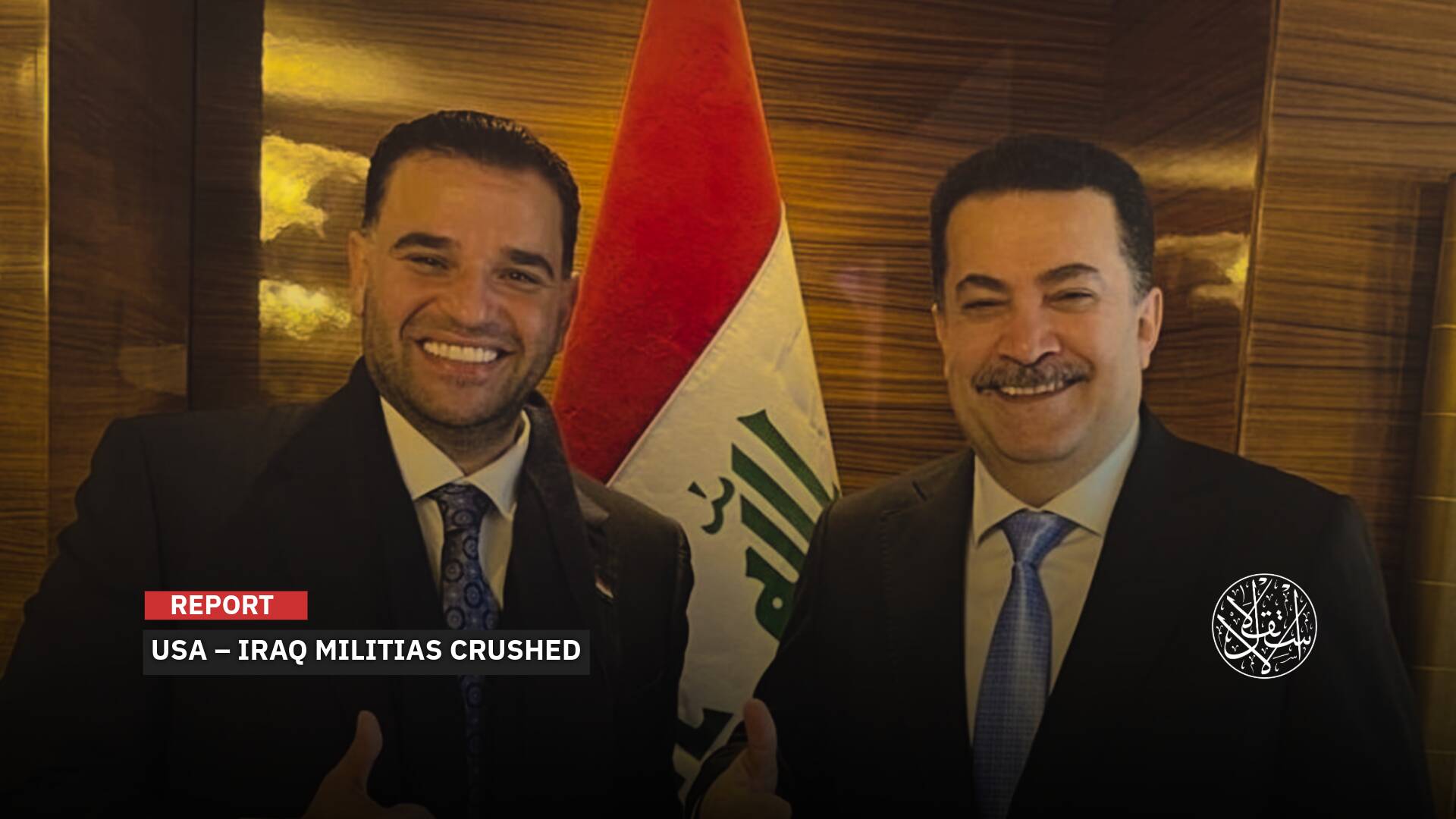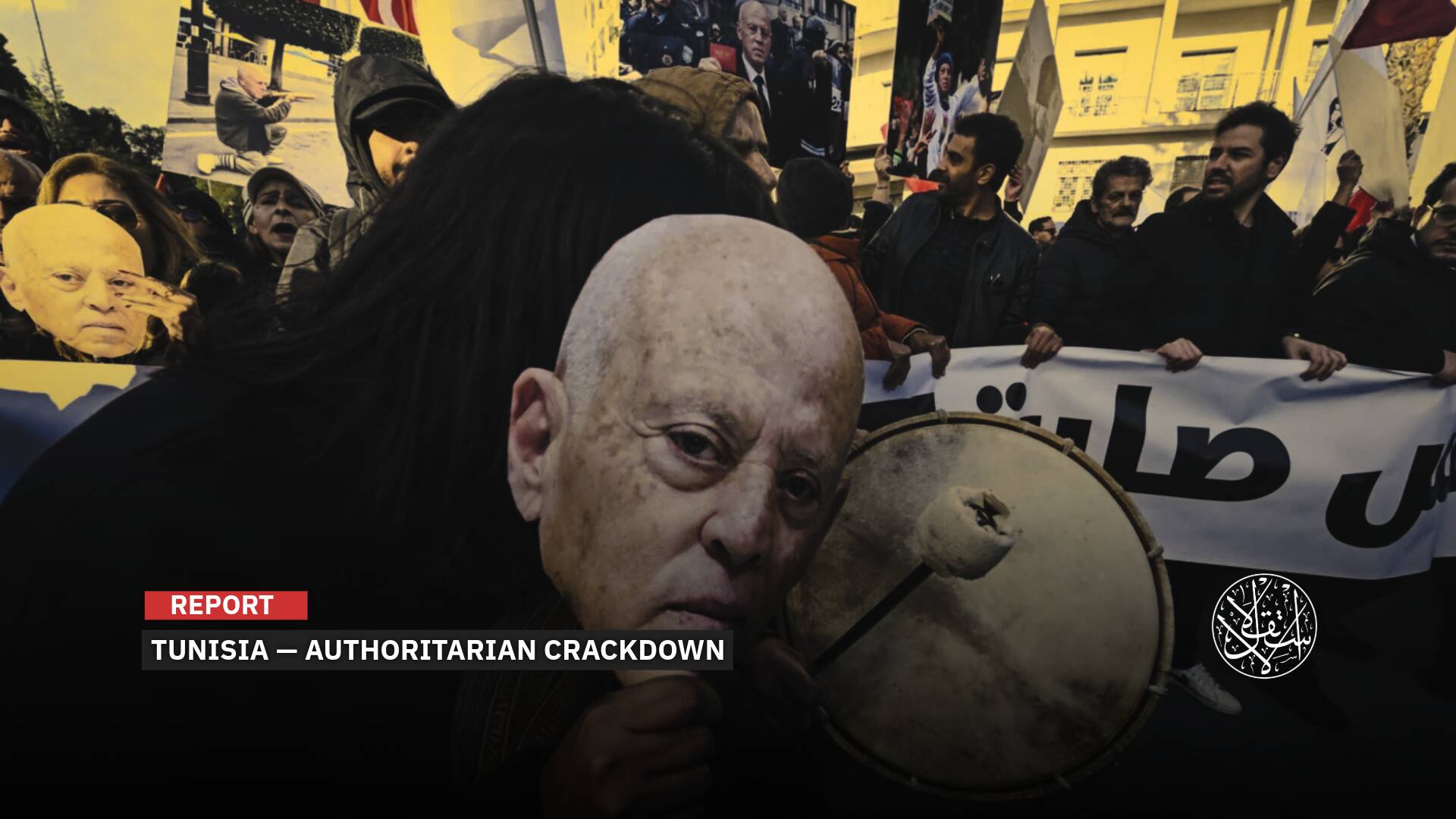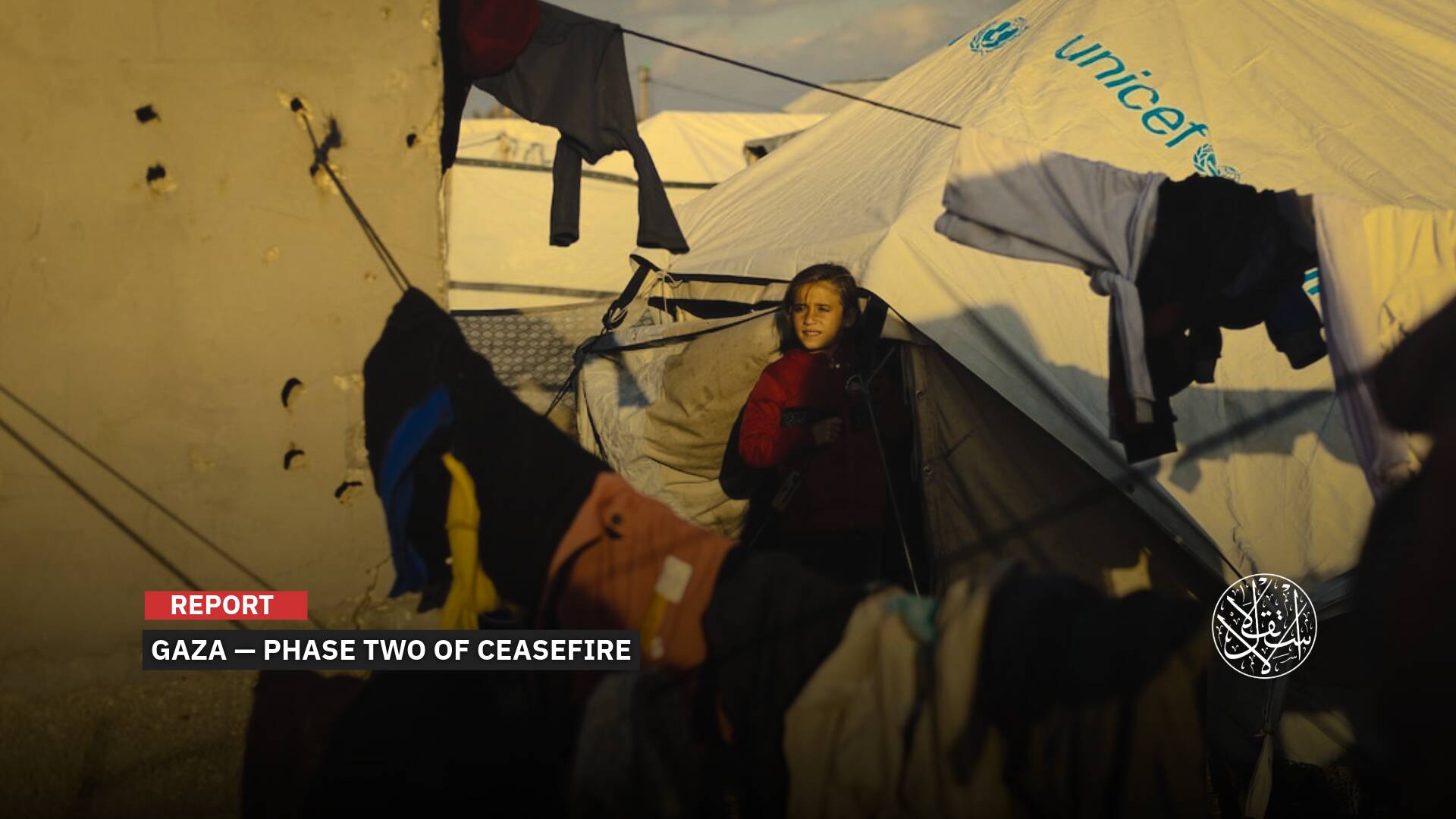Is Egypt Heading Into Default?

Egypt's debt, which has increased sharply in the past decade, is set to reach record levels by the end of the year, and as markets continue to feel the sting of the COVID-19 pandemic and the successive impact of Russia's war on Ukraine, this will only increase the trouble for the country's economy.
Recovery is set to take years; tens of millions of Egyptians will have to bear the brunt as food prices rise, and the government seems careless about the issue.
In fact, the government has declared a plan to fight debts: More debts.
Poor Reality
By the end of fiscal year 2020/21, Egypt's total debt was $392 billion, including $137 billion in external debt, four times higher than in 2010, and also includes $255 billion in domestic debt, according to the Central Bank of Egypt, nearly double the domestic debt in 2010.
Figures released by The Daily News Egypt also revealed that the government is expected to borrow 634 billion Egyptian pounds ($34 billion) from the domestic market in the fourth quarter of fiscal year 2021/22.
Foreign debt has been growing rapidly since President Abdel Fattah al-Sisi came to power in 2014; it reached $46.5 billion in 2013 and fell to $41.7 billion in 2014 before rising again in the following years, to $84.7 billion in 2016, $100 billion in 2018 and $115 billion in 2019.
The war also affected foreign reserves, which were just under $41 billion at the end of February this year, and then fell by about $4 billion in March to $37.082 billion.
The COVID-19 pandemic had already curbed the growth of Egypt's foreign exchange reserves before the war in Ukraine made things worse, as tourist flows from Russia and Ukraine receded and the cost of food imports rose, including in the form of higher transport and insurance duties.
Difficult Situation
The Project on Middle East Democracy (POMED) published a report that stated that Egypt under President Abdel Fattah al-Sisi has become a beggar state, its economy ever more reliant upon foreign support, especially loans.
According to the institute, Sisi conducts economic policy as if the country were an oil-rich rentier state like Saudi Arabia or a successful mercantile one like China, though Egypt is neither.
“Sisi’s Egypt must increasingly rely on foreign credit for economic survival. Egypt’s total national debt, now $370 billion, has quadrupled since 2010. Repayment of domestic and foreign debt consumes over one-third of Egypt’s budget, more than double the amount in 2009,” POMED wrote.
There are remarkable similarities between Lebanon’s now abjectly failed economy and Egypt’s struggling one. The devastating consequences of Lebanon’s economic collapse would be even worse if repeated on an Egyptian scale. Best, therefore, for Egypt’s “friends” to take corrective steps before that happens, rather than continue to indulge al-Sisi’s regime.
According to S&P Global Ratings, Egypt will borrow $73 billion in new astronomical amounts in 2022, but more than a third of that amount will be used to pay off previous debts, which means the economy will bear the burden of new debt but will benefit from only half of it.
This crisis is not limited to debt, but it became clear that the economy is suffering from a shortage of hard currency, which in fact led to the recent decline in the exchange rate of the pound.
The prices of wheat and oil rose to record levels, while the revenues of the tourism sector declined, which is the main source of the dollar, and the cause of the blow to this sector is known as more than half of the tourists who go to Egypt come from Russia and Ukraine, while this war comes Two years after the Corona crisis, which had dealt a severe blow to the tourism and travel sector around the world.
Due to the dollar crisis, the Central Bank of Egypt was forced to raise interest rates on the pound, hoping to attract hard currency, but the surprise and disaster was that the pound continued to fall rather than rise - as happens all over the world when interest rates are raised - another indication that investors no longer trust the economy and its performance.
Wasted Fortunes
Apart from its ever-growing debt, the government has spent the bulk of its available revenues in recent years on megaprojects that "have a symbolic rather than economic value," according to the POMED report by Robert Springborg.
Most of the domestic debt was incurred due to government borrowing from local banks, and according to ratings firm Standard & Burrows, Egypt is set to overtake Turkey as the Middle East's largest sovereign debt exporter.
The IMF has offered Sisi's government $20 billion in loans since 2016, and Cairo has requested another loan since the beginning of the Russian-Ukrainian war. IMF loans to Egypt since 2016 are much higher than the IMF's share, thus charging additional interest rate fees, according to a report by the Middle East Democracy Project; the country has become the IMF's largest client after Argentina.
Projects include the $58 billion "New Administrative Capital" in the desert outside Cairo, weapons acquisitions that are unknown but have made the country among the world's top five arms buyers, a $25 billion nuclear reactor to produce energy in a country with an already existing electricity surplus, and an $8 billion expansion of the Suez Canal that has not yet generated a significant increase in transit fees, rising to just $5.8 billion in 2020 from $5.6 billion in 2017.
Out of Control
Samer Abdelwahed, an Egyptian economist, told Al-Estiklal that what’s happening in Egypt “is that the debt crisis is out of control, and public spending goes mostly as interest for these debts instead of being recycled in the economy and benefiting the people.”
“This means that the country is threatened to go into default like what happened in Lebanon, and banks may at any moment lag behind the liquefaction of deposits to their owners, especially deposits in foreign currencies—as happened in Lebanon as well,” he added.
“In addition to the fact that the local currency heads only one way, which is further declining and collapsing, our currency is caught in the grip of the small payment systems, and any attempt on their part to print funds could immediately lead to inflation and a currency crisis.”
“Sisi’s regime is to borrow more money, mostly from Western banks, which receive money from their central banks at negative interest rates. While the West was lowering interest rates, borrowing was easier and cheaper for Arab countries,” Abdelwahed concluded.
Sisi seems to know that he is on the verge of collapsing, this month, he said that the current crisis could last for a long time, and asked government officials to make efforts to curb rising commodity prices, saying, "As state officials, we need to be on the ground to listen to people and control prices."
Meanwhile, some media close to Egypt’s government are clearly busy preparing for default, highlighting that "major countries have already declared default," as reported by a local newspaper.














